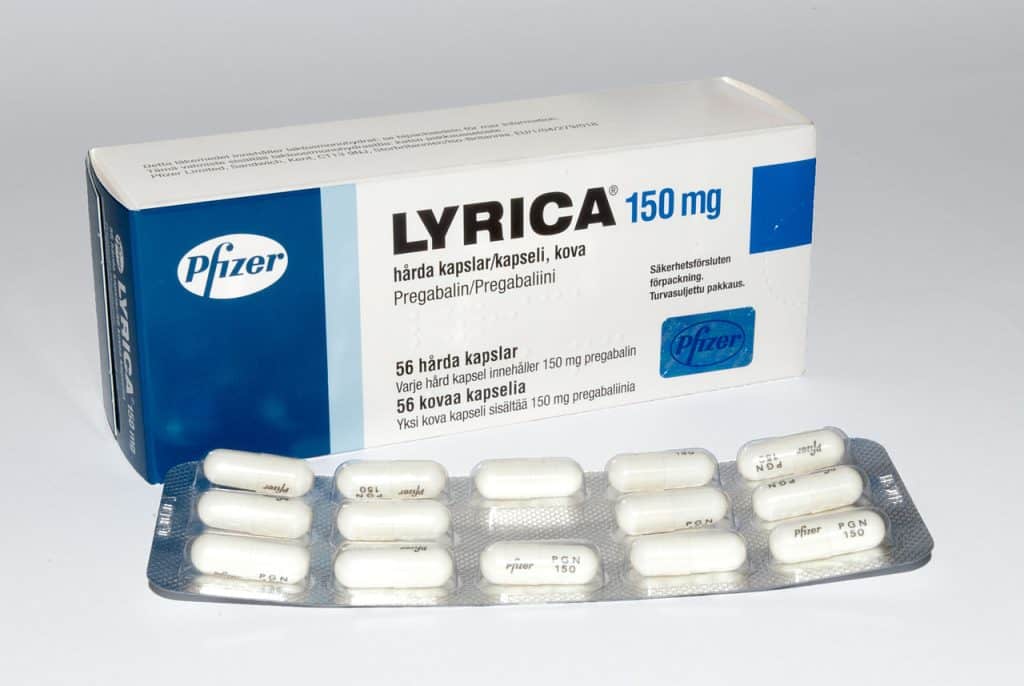
High Court rules against Pfizer in Lyrica patent case
pharmafile | September 10, 2015 | News story | Medical Communications, Sales and Marketing | Actavis, Lyrica, Pfizer, anxiety, epilepsy, generics, neuropathic pain, pregabalin
The High Court of England and Wales today ruled against Pfizer in the patent battle with Actavis on Pfizer’s blockbuster drug Lyrica (pregabalin), which is used to treat epilepsy, anxiety disorders and chronic pain conditions.
The drug has a market in the UK alone of £300 million a year and around $5 billion worldwide.
The dispute centred on Pfizer’s patent for the use of the active ingredient pregabalin for treating neuropathic pain, a so-called second medical use patent. The patent on the active ingredient itself had already expired last year, while the pain patent is valid until 2017.
It is estimated that 80% of patients use pregabalin for pain, and as Pfizer has invested heavily in conducting more than 50 clinical trials to bring the drug to patients, the American-headquartered company wished to protect its profits on Lyrica for as long as possible.
Actavis launched a competing generic drug (Lecaent) (with what is known as a ‘skinny label’) aimed at the non-pain market, but was taken to court by Pfizer, which alleged it was inevitable that the drug would be dispensed off label for treating pain as well as for other non-pain disorders.
Pfizer even offered to pay the administrative costs of GPs to switch patients to Lyrica from generic versions of pregabalin, although the General Practitioners Committee advised GPs against accepting such payments.
The court today found that Pfizer’s patent had not been infringed by Actavis, as it was not foreseeable by the company that Leceant would intentionally be administered to treat pain.
Responding to the decision, Pfizer said that it “maintains its strong belief in the validity, and importance, of the second medical use patent for the use of Lyrica in pain,” and while it recognises the “unusual and complex situation,” the company does intend to appeal the ruling.
Dr Berkeley Phillips, Pfizer UK medical director, comments: “The period for which a medicine is available to patients under patent is a critical phase in a medicine’s lifecycle that fuels future innovation. Without patents, we could not discover the treatments of tomorrow.
“Ensuring innovations are sufficiently protected is important for every industry in Britain, not just the pharmaceutical industry, and encourages future investment in research and development. It underpins the long-term future of our life science ecosystem – a sector intrinsically linked to the growth of our national economy.
“The desire to protect second medical use patents is in recognition of their importance in ensuring patients are able to benefit from future medical innovations. “We know through our experience with the Lyrica situation that the absence of any national policy or framework for second medical use patents in the UK has been a cause of concern and confusion for many, including us.
“This was reflected on by the judge for the recent Lyrica pain patent trial who has highlighted the need for a national-level solution for second medical use patent situations of this nature that may arise at present and in the future.”
The judge, Justice Arnold, urged the Department of Health to put in place a system that minimises the potential for these types of disputes in future. This would likely involve a system that ensures prescribers write prescriptions for the patented indication by reference to the patentee’s brand name and write prescriptions for non-patented indications by reference to the generic name of the substance.
Joel Levy
Related Content

Pfizer’s Velsipity approved by EC for ulcerative colitis treatment
Pfizer has announced that the European Commission (EC) has granted marketing authorisation for Velsipity (etrasimod) …

EC approves Pfizer’s Elrexfio for relapsed and refractory multiple myeloma
Pfizer has announced that the European Commission (EC) has granted conditional marketing authorisation for Elrexfio …

CDC Advisory Committee recommends Pfizer’s RSV vaccine
Pfizer has announced that the US Centers for Disease Control and Prevention’s (CDC) Advisory Committee …








